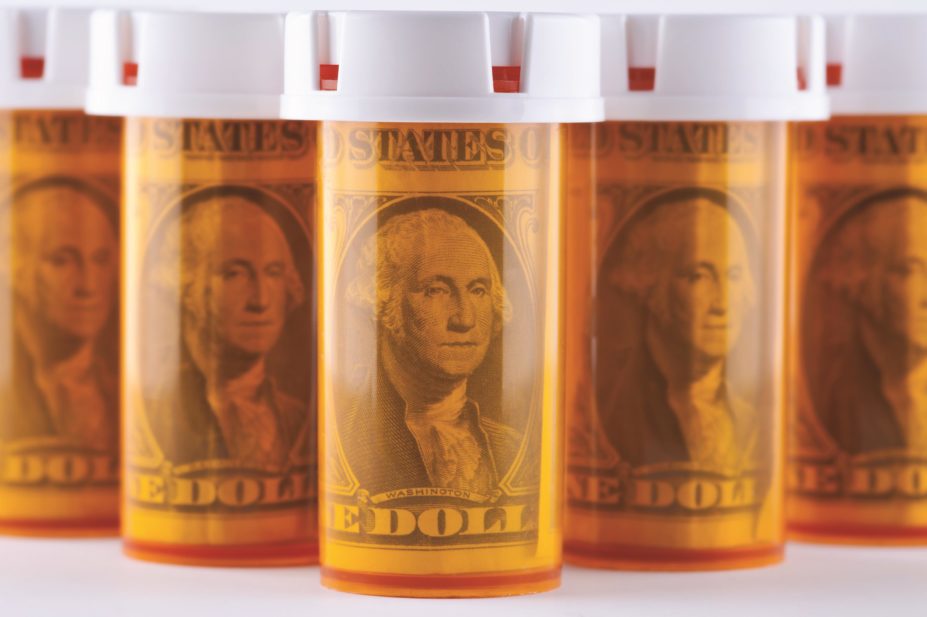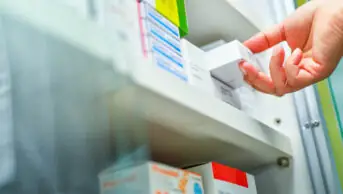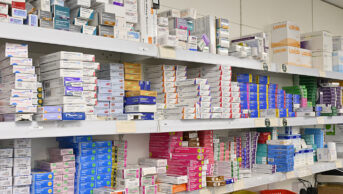
istockphoto.com
The chief executive of Turing Pharmaceuticals Martin Shkreli was met with widespread outrage following his decision to increase the price of the 62-year-old toxoplasmosis treatment Daraprim (pyrimethamine) from US$13.50 per pill to US$750 shortly after acquiring the drug from Impax Laboratories in August 2015.
Shkreli has said he will provide the drug for free to patients unable to afford it — he says the company give away 50% of Daraprim bottles for US$1 or less. He has also said that a portion of any profits will be used for vital research into toxoplasmosis, a rare parasitic infection, potentially fatal for immunocompromised patients. However, his controversial decision and initial hostility in media interactions led to a barrage of insults levelled against him, including “the most despised man in America”, “scumbag” and “spoiled brat”. As a result of public anger, Shkreli has said he will not increase the price by as much, although is yet to announce a revised price.
Daraprim has changed hands several times since being sold by GlaxoSmithKline five years ago. Now owned by Turing Pharmaceuticals, a company based in New York with a seven-strong management team, Shkreli claims the drug is unprofitable at its lower price.
Critics, including Judith Aberg from the HIV Medicine Association, an organisation for medical professionals who practise HIV medicine in the United States, have raised concerns that insurance companies could put high-priced drugs in the “specialty” category, requiring patients to pay a premium. There are fears that hospitals may no longer stock the drug at its inflated price.
This is not an isolated case. Valeant, a Quebec-based pharmaceutical company that generated a revenue of US$8.25bn in 2014, purchased Isuprel (isoproterenol) and Nitropress (nitroprusside), two drugs for rare heart conditions, on 10 February 2015 and increased the prices by 212% and 525%, respectively, on the very same day. EvaluatePharma’s data indicate that GlaxoSmithKline, Egalet, Sun Pharmaceutical and others have all hiked drug prices soon after acquisition of the products.
But those campaigning for cheaper medicines should welcome Shkreli’s newfound notoriety. The former hedge fund manager (a career history that some think make his altruistic claims difficult to believe) has given a face to the controversy of soaring drug prices. His initially hostile, unapologetic stance and naive approach to social media, where he responded directly and rudely to his critics, contrasts starkly with pharmaceutical companies too streetwise to become embroiled in an argument. Although Shkreli initially took most of the criticism, he is a symptom of the problem, not the cause.
Daraprim, despite being off-patent, has no generic version. This means that Daraprim faces no competition — and therefore there are no market forces to drive down the price.
There is nothing to stop or discourage drug companies buying off-patent medicines for rare conditions and inflating the price. In the United States, companies are free to charge what they wish — and face no international competition because medicines cannot be imported. Moreover, companies in the United States can market directly to patients — which means spending their budgets on marketing the medicines is far more lucrative than channelling money into developing existing drugs for which the patent has expired.
There may be some ways to tackle the problem of extortionate drug price hikes. The US Food and Drug Administration has a considerable backlog of generic drugs awaiting approval — getting these products to market more quickly would help increase competition and drive down prices. If consumers were able to import approved medicines from international suppliers, US companies would have to lower prices in order to compete. Both of these moves were proposed by Democratic presidential candidate Hillary Clinton, who spoke out against Shkreli’s actions when the news broke. Although Republican presidential candidate Donald Trump has no policies on the matter, he also condemned the price hike, calling it “disgusting”. Clinton’s team has published a briefing that lays out actions she would take to lower prescription drugs costs. The briefing also highlights that companies that benefit from federal support should invest a sufficient amount of their revenue in R&D, with measures in place to ensure they do so.
Increasing competition in the pharmaceutical industry, by these measures or otherwise, is necessary to help drive down drug prices, no matter who next resides in the White House.


